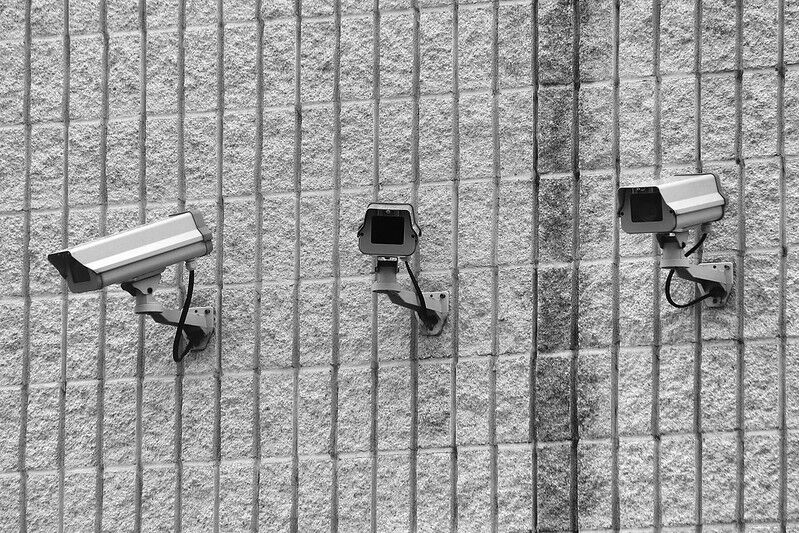Editorial: Balancing our rights with national security
The ISD Editorial Board encourages readers to be wary of any new proposed legislation aimed at national security and cautions that this often has unintended or unseen consequences.
April 12, 2021
People scaling walls, fires burning in front of the Capitol and a lone police officer leading a mob away from their targets. These images are still present in the mind of many Americans, even as we near 100 days since the insurrection occurred. On top of this, a “lone wolf” attacker attempted to ram past barricades to reach the Capitol building and killed another police officer.
These jarring acts of violence directed at the heart of American democracy has left many asking how they could have happened. Why did American intelligence services not pick up any credible threats while the average American could see the attack being planned on their own Twitter or YouTube feed? How did a group armed with flags and pepper spray breach what we assumed was one of the most secure buildings on Earth? And why did it take nearly two hours for the National Guard to even be called?
Even after the occupation of the Capitol had concluded, many felt that the security measures continued to fall short. Hundreds or even thousands of individuals that had participated flew and drove home across state lines in the following days. As of April 12, less than 500 people had been charged in connection to the riots — out of thousands that gathered and became violent.
This fresh fear, frustration and anxiety has presented lawmakers with a golden opportunity to pass new national security legislation. When we feel scared, we are eager to find a sense of security again and may support security legislation that we would normally oppose. A prime example of this is the U.S. Patriot Act.
Less than two months after the tragic 9/11 attacks, the U.S. Patriot Act was introduced to Congress. The bill was focused on combating terrorism and gave the American Military and intelligence community greatly expanded powers. Surveillance capabilities, both foreign and domestic, were dramatically increased. The details get very complicated, but John Oliver breaks down the biggest concepts of the law in a more understandable manner in an episode dedicated to government surveillance.
The bill raced through Congress and was signed into law in just three days with nearly universal support.
Years later, thanks to a bombshell intelligence leak orchestrated by Edward Snowden, we know the extent to which the U.S. Patriot Act was abused. Tens of millions of phone calls had been tracked inside the United States after Verizon was legally forced to provide the National Security Agency (NSA) with the information. Our online transmission, such as emails and messaging apps, were made accessible after the NSA tapped into the servers of nine tech giants such as Google, Microsoft and Facebook. And each day, the U.S. government secretly intercepted and stored 200 million SMS messages around the world.
We do not bring this point to ask you to oppose any security bill you hear about, but to encourage you to stay aware of what liberties you are giving up in exchange for security.
Every day, we give up a few of our rights in exchange for the greater good. We sacrifice a bit of privacy when we go through airport security and our bags are searched. We give up a slice of our right to property when we pay taxes so we can have roads to drive on and an ambulance to pick us up when we are in need. We let go of a bit of our right to free speech so a person yelling slurs at someone can be charged for a hate crime.
But these are sacrifices we have some say in through democracy; these are sacrifices we know that we are making. The violations through the Patriot Act were kept in secret, away from the American people and in many cases from the government themselves. This was the case in 2013 when the director of U.S. national intelligence lied to Congress about surveillance operations.
We simply ask you to take a second look at any new bills that may be introduced in the wake of recent events. Contact your representative and ask them to make sure any new powers are clearly defined. We should do what we can to avoid another violation of our rights.







